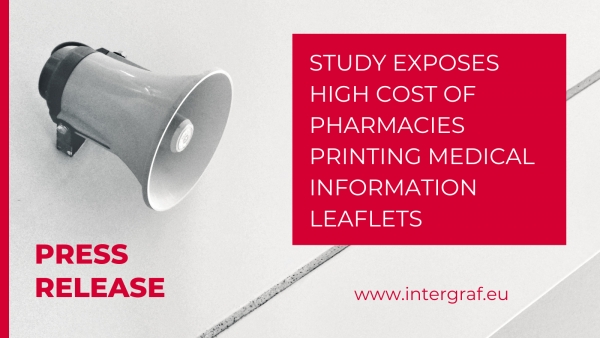4 January 2021

Rules of Origin – what you need to do
Introduction
As we know, the signing of the UK-EU trade deal means that most traders moving goods between the UK and EU will avoid paying tariffs.
However, in order to avoid paying tariffs all traders must make sure they meet the relevant Rules of Origin (RoO) for their products and make a declaration to say so.
We've outlined what you need to do below, and included a Q&A. If you have any further queries, please contact us as soon as possible (ideally before Friday 8 January) and we will put your questions to the team at the Department for Business.
What you need to do
There are a few steps to complete, but it should not be too onerous:
- Check the rules that are applicable to your products to ensure that the products are originating in either the UK or EU and can therefore be traded on preferential terms. Go to the guidance on the gov.uk website to check.
- Agree with your EU suppliers/customers whether a claim will be based on an exporter's declaration or on the importer's knowledge, informing customs agents as appropriate (if customs agents are being used).
- If you need to make an exporter's declaration, you must make it on the commercial and customs documentation (e.g. the invoice) for all consignments being traded.
What your declaration should say
To make writing your declaration easy, you can copy and paste the below 'Exporter's Statement', filling in the bolded sections with the relevant details.
---
Period: from (date) to (date)
The exporter of the products covered by this document (Exporter Reference No) declares that, except where otherwise clearly indicated, these products are of UK/EU [please choose] preferential origin.
..................................................................................................................
(Place and date)
..................................................................................................................
(Name of the exporter)
---
Q&A
What is my Exporter Reference Number?
In the UK, the Exporter Reference Number will be the Economic Operator Registration and Identification (EORI) number. You should have been sent an EORI number by HMRC - it's a 12-digit number that begins with GB. If not, you can apply for one here. It should be issued immediately.
In the EU the Exporter Reference Number will be the exporter's Registered Exporter (REX) number.
How long is a statement valid for?
Your statement on origin is valid for 12 months from the date it was made out or for such longer period as provided by the importing party, up to a maximum of 24 months. Your statement of origin may apply to:
- a single shipment of one or more products imported into a party; or
- multiple shipments of identical products imported into a party within the period specified in the statement on origin, which shall not exceed 12 months.
What dates do I put on the statement?
If the statement on origin is completed for multiple shipments of identical originating products, indicate the period for which the statement on origin is to apply. That period shall not exceed 12 months.
Importations of the product must occur within the period indicated. If a period is not applicable, the field may be left blank.
What if I'm delaying my declaration for goods imported into the UK from the EU?
If that's the case, then you only need to declare the proof of origin when you make your supplementary declaration.
Where can I find more detail?
Visit the guidance on the gov.uk website.
 Intergraf Economic News (Paper Prices) - March 2024
Intergraf Economic News (Paper Prices) - March 2024
18 March 2024
Access the latest edition of the Economic Newsletter for the European Printing Industry for data on paper consumption, and pricing data for pulp, paper and recovered paper. Data for packaging papers and board is also available with this edition.
 STUDY EXPOSES HIGH COST OF PHARMACIES PRINTING MEDICAL INFORMATION LEAFLETS
STUDY EXPOSES HIGH COST OF PHARMACIES PRINTING MEDICAL INFORMATION LEAFLETS
7 March 2024
Intergraf welcomes the release of a study by our partner MLPS (Medical Leaflet = Patient Safety), a subgroup of the European Carton Manufacturers Association (ECMA) shedding light on the potential economic costs associated with the proposed use of Print on Demand (PoD) leaflets in the pharmaceutical legislation revision.

The BPIF is the printing industries champion. By becoming a member you join a diverse and influential community. We help you solve business problems, connect you to new customers and suppliers and make your voice heard in government.
Call 01676 526030









